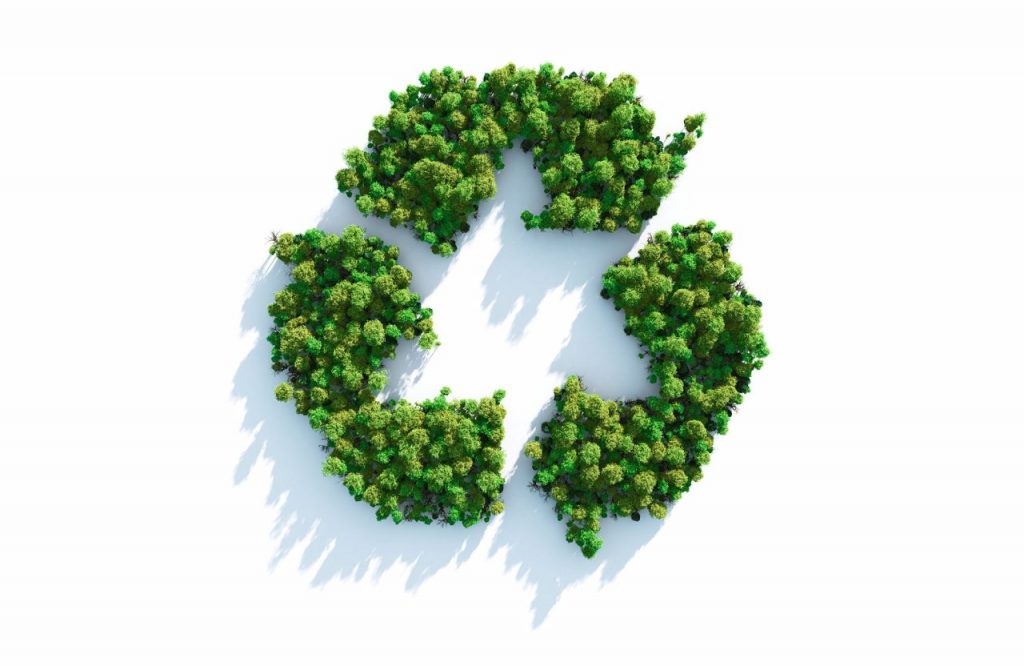“Resonate with their sense of identity, values and worldview.” [The Climate Outreach think tank]
“Avoiding waste is common sense (the most popular narrative)”
.
One way to help us make sense of climate change is to show the links with things we care about.
It doesn’t help if we dismiss people’s values – such as the Mail dissing fears of Britain losing its ‘global climate leadership’
And it doesn’t help if we dismiss a group of people who have different values – such as the New European dissing Conservative Party members views on climate change.
Rather, it might be more useful to see how there are values and concerns that bind us.
In an interview about how climate change threatens the loss of world heritage sites in South Africa’s national parks, the advice South African climate scientist Nicholas Simpson is pretty clear:
Find something that people care about and explain to them why climate change is going to put that at risk.
As for what we in the UK value, there are some very thoughtful and active people making the same point.
The think tank Onward develops “bold and practical ideas for the next generation of centre right thinkers and leaders” – for example, looking to repair the ties that bind communities together
The Climate Outreach organisation is about “helping people understand this complex issue in ways that resonate with their sense of identity, values and worldview” – and put a report out on “communicating effectively with the centre-right about household energy efficiency and renewable energy technologies”:

With continuing political polarisation around climate change and energy issues, there is an urgent need to reflect the views of centre-right citizens accurately and build communications around their values.
And in the report, their communications do’s and don’ts focus on four key narratives:
– Avoiding waste is common sense (the most popular narrative)
– Health and quality of life (mixed response)
– Great British Energy (mixed response)
– The Smart Money (the least favoured narrative)